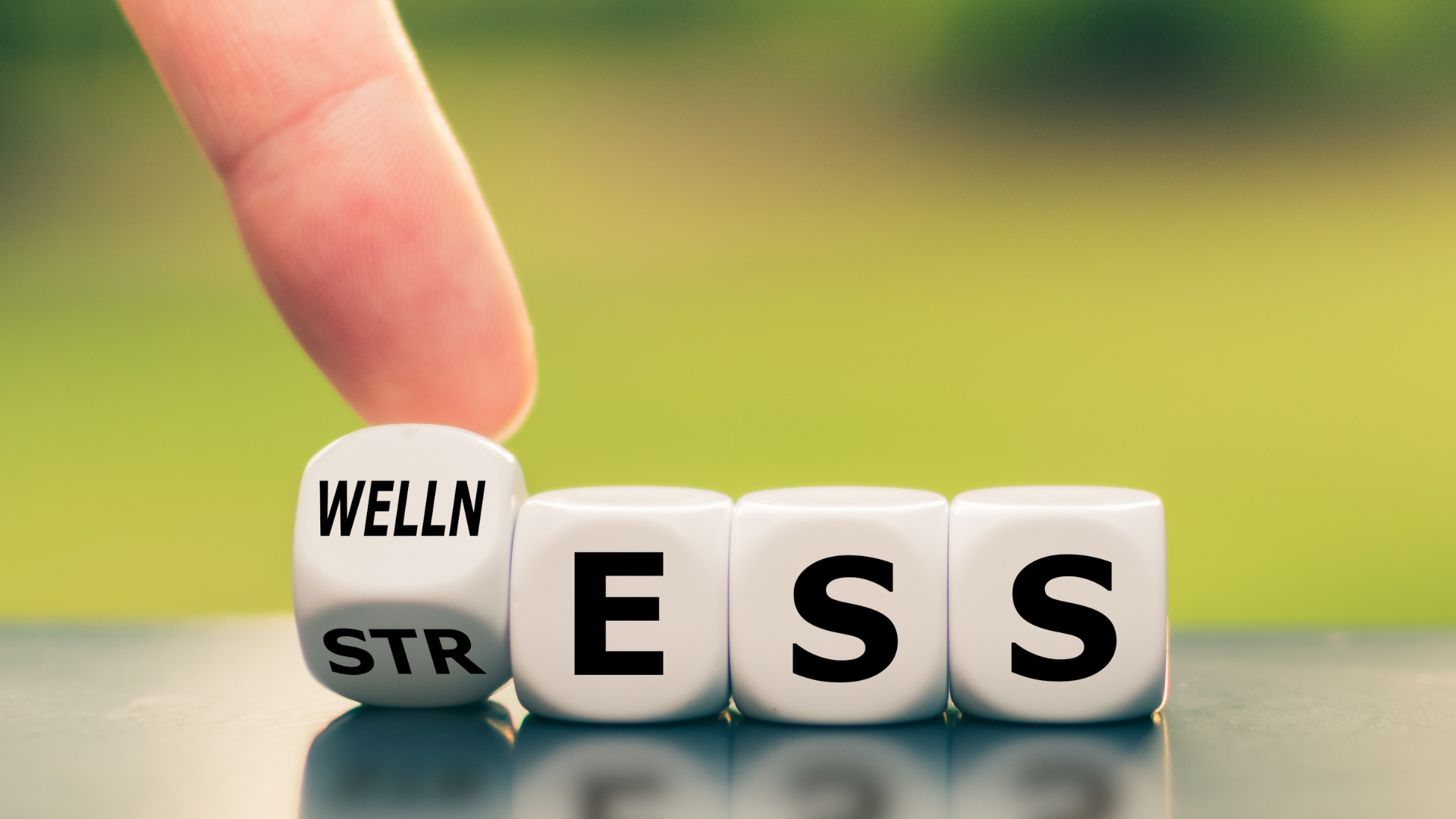It starts the moment you log in for the day: a manager who’s in a bad mood, a coworker who’s running late, a customer awaiting with a problem, a phone that’s already beginning to ring. With these ingredients, just like how flour, butter, sugar, and eggs make cookies, you’ve got a recipe for stress.Like sugar in cookies, some stress ingredients are obvious. But others? Not so much. Consider these factors of stress from U.K. mental health charity Mind:
- Perception: What’s your take on the situation? Say your coworker is late, meaning you’ve been handling the morning responsibilities alone. Are you resentful and bitter? Or do you think of a time when something in your life made you late? One point of view can make you feel stressed out, while the other can help you reframe the situation with empathy and patience.
- Experience: Have you been through something like this situation before? The unknown can be extra stressful. But when you’ve been through something similar before, it’s easier to tell yourself, “I got this.”
- Strength: How quickly do you tend to get your emotions under control? If regulation takes a long time, you’re more likely to spiral into stress the next time something brings up negative emotions. But with some emotional resilience, you can learn to let things go.
- Pressure: Who’s counting on you? What’s riding on this? Pressure is typically a necessary ingredient for stress. But that doesn’t mean you can’t make the most of it. Instead of shrinking under others’ expectations, let them motivate you to do your best.
Remember that stress isn’t only in the mind; it’s also in the body. When you’re stressed, your body floods with adrenaline and cortisol, two hormones that raise your heart rate and set you up for fight or flight. Understanding the ingredients that create stress can help you switch up the recipe for a better outcome. Like how some people prefer chocolate chips and some go for peanut butter, stress ingredients are specific to you. So ask yourself, which of the ingredients impact you most? And how might that insight help you stay in control and reduce stress?
Dismantling the myths
Stress is no urban legend. Instead, it’s an all-too-real issue that most of us deal with regularly. Consider these common stressful myths and the truth behind them:
- Myth: Stress is the same for everybody.
Truth: Everyone has a different stress catalyst. Something that winds you up might not affect someone else. And something that feels easy to deal with for you might ruin someone else’s day. Remember this the next time someone downplays your stress or you question why someone else is upset.
- Myth: Everyone’s stressed out these days.
Truth: While we all have stressors, not everyone is stressed out. In the end, dealing with your stressors is up to you. Also, remember that other people’s stress isn’t necessarily yours to fix.
- Myth: Stress is always bad for you.
Truth: Stress can be motivating. And, sometimes fear is the jumpstart you need to start problem-solving.
- Myth: Big stress is the only one that matters.
Truth: While big stress makes itself obvious, small signs of stress can be equally important. So, check in with yourself to keep from letting small stresses turn into big ones.
Examine the misconceptions you may hold about the sources of stress in your life. Perhaps you've attributed exaggerated characteristics to these stressors. Regardless of how you've perceived them previously, gaining insight into these misconceptions can aid in managing them effectively.
The truth is that none of us live in a stress-free world. You’re going to encounter stressful people and situations at least once a day, nearly every day. But that doesn’t mean you have to let stress take over your life. Instead, put stress in its place with these tips by author and educator Elizabeth Scott, Ph.D.:
- Mind your morning. Whether you work a typical nine-to-five or the night shift, ward off stress before it starts with pre-shift rituals. Scott suggests starting on the right foot with “planning, good nutrition, and a positive attitude.”
- Keep the peace. Simply put, conflict is stressful. So do your best to keep interpersonal relationships positive by staying out of gossip and, whenever possible, avoiding “people who don’t work well with others.”
- Get comfortable. While most of us don’t have much choice about how comfortable our workplaces are, physical discomfort can up your stress levels. Scott suggests doing “what you can to create a quiet, comfortable, and soothing workplace,” even if this just means choosing comfortable shoes or listening to your favorite music during breaks.
- Take a walk. Exercise is important for your health and can play a major role in reducing stress. “If your schedule allows for it,” Scott says, “you might try taking short exercise breaks throughout the day.”
- Treat yourself. Everyone needs something to look forward to and reward yourself for making it through another tough day. As Scott reminds us, “Do your best and [make] time to congratulate yourself on your efforts.”
The popular adage "a cluttered desk is a sign of a cluttered mind" implies that disorganization in our physical environment can mirror inner chaos. However, its impact often transcends our immediate workspace. Clutter can infiltrate different facets of our lives, resulting in misplaced items, tardiness, and missed opportunities. These outcomes, in turn, contribute to stress and amplify feelings of being overwhelmed.
To address the stress stemming from mental clutter, incorporating mindfulness practices into our daily routines can be highly beneficial. Setting aside just five minutes for mindfulness exercises, such as focused breathing or guided meditation, offers us a space to quiet the incessant chatter of our thoughts, facilitating a reset and recharge. Whether we opt to practice mindfulness during our lunch break, commute home, or evening wind-down, the benefits can extend throughout the day, fostering a sense of calm and clarity.
Are you ready to empower your employees to cultivate a more peaceful and organized workday? Dive into a trove of mindfulness, resilience, and stress management strategies within our microlessons on mental wellness and personal development at Blue Ocean Brain. Equip your team with the tools to navigate challenges with clarity and resilience, fostering a culture of well-being and productivity. Click here to schedule a consultation with one of our learning experts.




